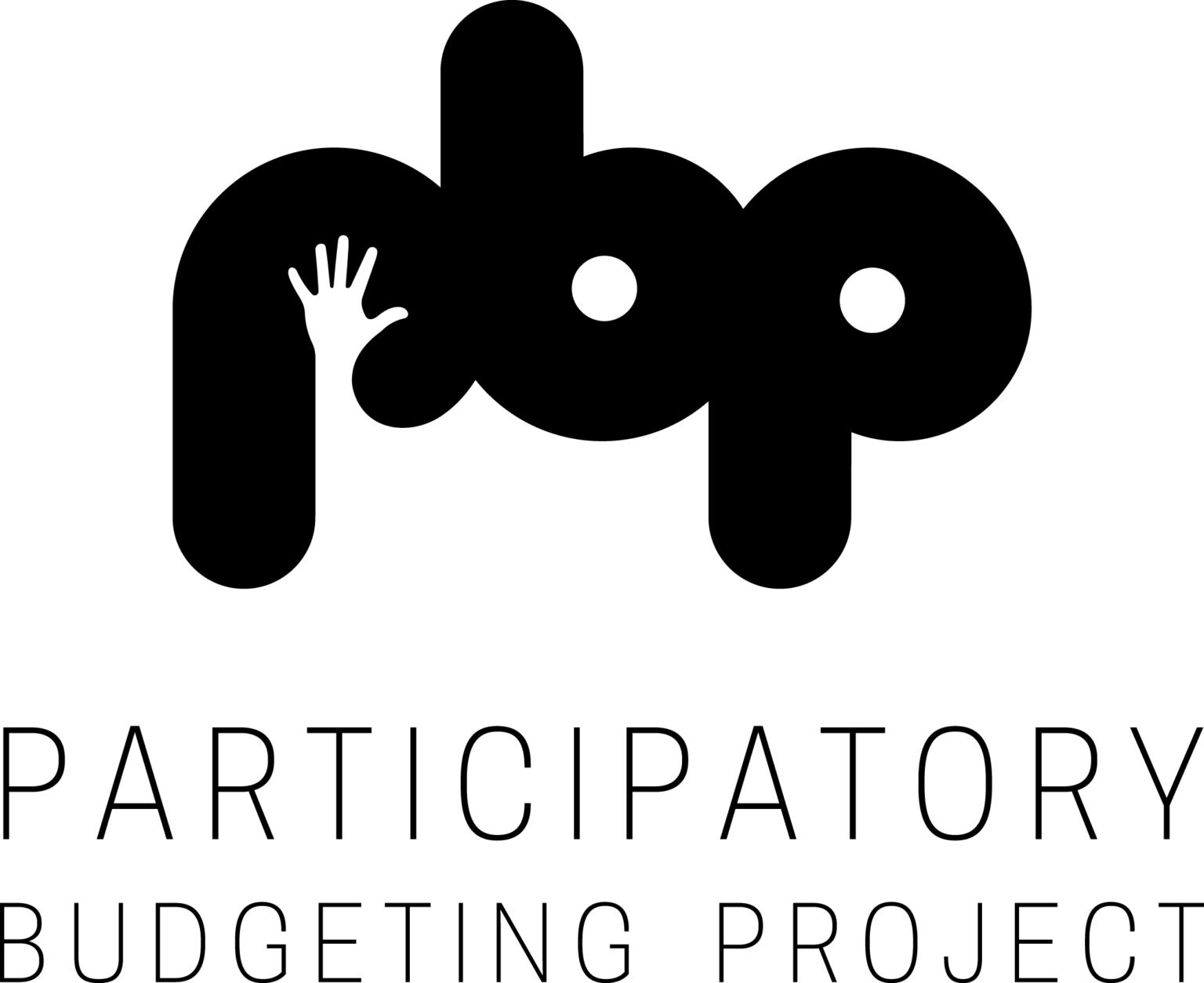We’re thrilled to announce a new partnership with the City of Boston to launch the first Youth PB process in the US! Over the next several months, Boston youth will develop and vote on proposals for how to spend $1 million from the city’s capital budget. To gear up for this work, we’re hiring a PB Boston Youth Organizer. The Youth Organizer will be responsible for engaging young people in the PB process, facilitating engagement, and supporting participants. This full-time contract position will last from January 2014 through early July 2014. Read the official press release below and here, and please share the Youth Organizer job ad with your networks!
—
For Immediate Release: Thursday, November 14, 2013
For More Information Contact:
Mayor’s Press Office
Press.Office@cityofboston.gov
Boston’s Youth to Decide How to Allocate $1 Million of City’s FY14 Budget
City Announces Partnership with The Participatory Budgeting Project, Search for Youth Organizer Underway
Mayor Thomas M. Menino today announced the City of Boston is partnering with non-profit organization The Participatory Budgeting Project (PBP) on the pilot year of the City’s youth participatory budgeting process. For the first time, the City of Boston has set aside $1 million for youth to allocate through a year-long budgeting process. Through participatory budgeting, young Bostonians will identify projects to improve their communities, vet those projects, consider trade-offs, and vote on how to spend the $1 million. The process will be a collaboration between PBP, the Mayor’s Youth Council and Boston Centers for Youth and Families.
“Our most important collection of talent lies in our young people,” Mayor Menino said. “It is so important to have our young people engaged in government, and to make sure their voices are heard when it comes to improving their neighborhoods. This process puts the power in their hands, and will show them what kind of impact they can make on our city.”
A search is underway for a youth organizer who will be responsible for engaging young Bostonians in the process and working closely with both PBP and City of Boston staff. Those interested in learning more about the Youth Organizer position should visit: http://www.idealist.org/view/job/DgD2ZBfCFz5P/.
Young residents, community-based organizations and youth advocates will come together in a Steering Committee to begin to discuss the design and execution of the process. The Mayor’s Youth Council has invited high school teens and youth advocates from across the city to an info session on December 10 at 5:45 p.m. in City Hall. Those who would like to RSVP for the session should email: YouthCouncil@boston.gov.
“Participatory budgeting is a real school of democracy. Young people across Boston will learn democracy by doing – and decide how to spend $1 million on concrete improvements to their communities. I’m excited to work with the City and other community partners to build this groundbreaking new model for youth engagement and empowerment,” said Josh Lerner, Executive Director of The Participatory Budgeting Project.
There is already a buzz in Boston about the “1 Million Dollar Question.” Mayor’s Youth Council representatives and allies from neighborhoods across the city have begun asking their peers how $1 million could be spent to make Boston an even better city for youth. “We are going to get a chance to identify items that are important to us, to have our voices heard, and to see projects that will benefit the city for a long time to come,” said Kayla Knight, a Roxbury Representative on the Mayor’s Youth Council.
In April, Mayor Menino presented his $2.6 billion Operating Budget for Fiscal Year 2014 and five year $1.8 billion Capital Plan, including $196 million in new FY 2014 project authorizations. The FY 2014 budget includes initiatives that keep Boston at the forefront of reinvention: changes at Boston Public Schools to increase access to quality, new housing to meet the needs of young professionals and middle-class families, and online learning for Boston’s neighborhoods. At the core of the budget is a desire to continue to build neighborhoods, provide residents an unparalleled quality of life, and support neighbors as they help one another.
Participatory budgeting originated in Brazil in 1989 and has been successful in U.S. cities including New York, Vallejo (CA), and Chicago. There are now more than 1,500 participatory budgets around the world, most at the city level. Participatory budgeting has also been used for counties, states, housing authorities, schools and school systems, universities, coalitions, and other public agencies. For more information on participatory budgeting, visit: https://www.participatorybudgeting.org.
–30–
More Responses to the launch of PB Boston:
“Participatory budgeting is a real school of democracy. Young people across Boston will learn democracy by doing – and decide how to spend $1 million on concrete improvements to their communities. I’m excited to work with the City and other community partners to build this groundbreaking new model for youth engagement and empowerment,” said Josh Lerner, Executive Director of the non-profit organization The Participatory Budgeting Project, which the City of Boston has contracted to help set up the youth PB process.
“I am thrilled that the City of Boston has embraced a “PB” process for its youth. What better way to teach young people the value and importance of civic engagement than to give them real power over real money. Kudos to Boston for making PB a part of its budgetary process and putting its young people front and center in its implementation.” – Chicago Alderman Joe Moore, who launched the first participatory budgeting process in the US in 2009.
“It is great to have the City of Boston joining the Participatory Budgeting family. At its best, government is what we do together to strengthen our communities. We have seen young people in New York take this charge and embrace their citizenship through Participatory Budgeting.” – New York City Council Member Brad Lander, who worked with colleagues in Council to launch PB in NYC in 2011.
“Bringing participatory budgeting to Boston is in line with our city’s progressive history as hub for democratic innovation. It’s a new form of civic engagement that Mayor Menino has rightfully placed in the hands of our city’s young people to pilot. We look forward to working with Mayor-Elect Walsh to incorporate this effort into his broader vision for a more inclusive and engaged city.” – Aaron Tanaka, director of the Center for Economic Democracy and former executive director of the Boston Workers Alliance
“As governments everywhere devise new innovations to re-engage citizens, Boston’s Youth Participatory Budgeting initiative is an exciting innovation in participation and civic education that focuses on a set of people usually left out politics and government: young people. It will be exciting to see the proposals and projects that they develop over the coming year.” – Archon Fung, Ford Foundation Professor of Democracy and Citizenship at the John F. Kennedy School of Government, Harvard University





